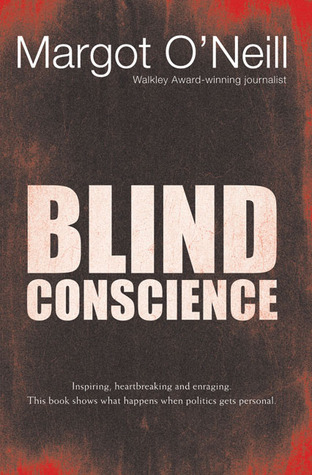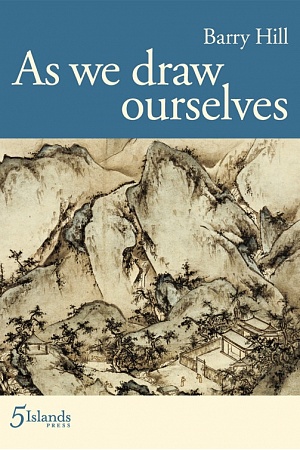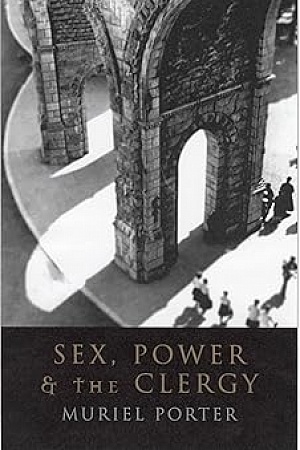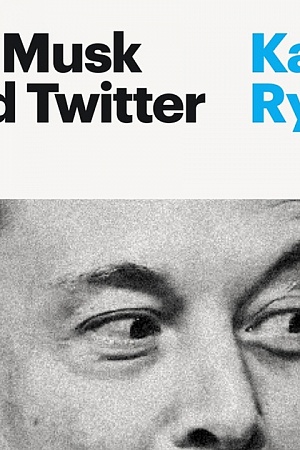Blind Conscience
NewSouth, $34.95 pb, 286 pp
Slow burn of realisation
Moral panics, which Stanley Cohen, in Folk Devils and Moral Panics (1972), said involve any group of people who are defined as a threat to societal values and interests, were grist to John Howard’s mill during refugee debates. Applying the classic analysis, his governments were ‘moral entrepreneurs’ who employed scare tactics whenever a perceived threat arose. Asylum seekers and their supporters were ‘folk devils’, outsiders and deviants responsible for the problems placing our values and principles in jeopardy.
Stereotypes negate complexity, supplant individual attributes, and essentially dehumanise us. Are refugee advocates simply an amorphous group of naïve do-gooders, obstreperous students, and pungent radicals? In Blind Conscience, Margot O’Neill attempts to dismantle such typecasting by focusing on the ranks of a ‘new wave of refugee advocacy’, many of whom ‘abandoned holidays, nice restaurants, and weekend rest’, ‘became obsessed’ and sometimes ‘discovered a new purpose.’
Continue reading for only $10 per month. Subscribe and gain full access to Australian Book Review. Already a subscriber? Sign in. If you need assistance, feel free to contact us.















Leave a comment
If you are an ABR subscriber, you will need to sign in to post a comment.
If you have forgotten your sign in details, or if you receive an error message when trying to submit your comment, please email your comment (and the name of the article to which it relates) to ABR Comments. We will review your comment and, subject to approval, we will post it under your name.
Please note that all comments must be approved by ABR and comply with our Terms & Conditions.